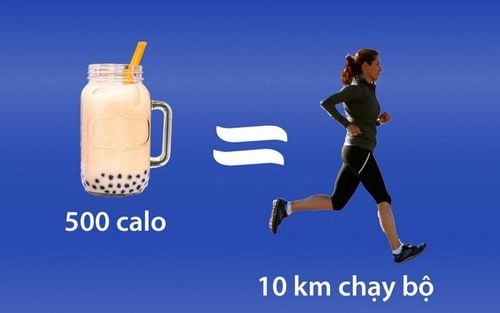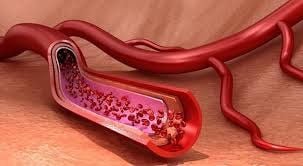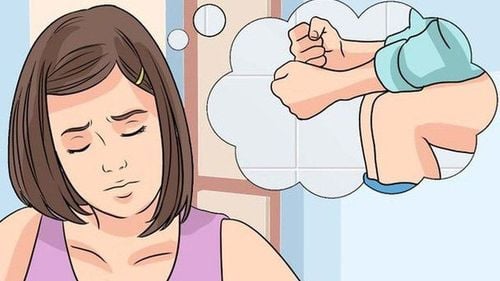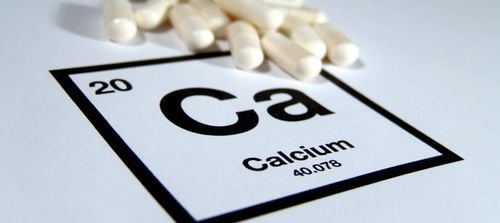This is an automatically translated article.
Healthy living becomes especially important as you get older. Aging leads to many changes, such as nutritional deficiencies, decreased quality of life and poor health. Older adults need to eat foods and take supplements that meet their scientific nutritional needs.
1. How do nutritional needs change with age?
Aging will lead to a series of changes in the body, including loss of muscle, thinner skin and less stomach acid. Some of these changes can make you more susceptible to nutritional deficiencies and affect your quality of life.
Studies have estimated that 20% of elderly people suffer from atrophic gastritis - a chronic inflammatory condition that damages the cells that produce stomach acid. Low stomach acid can affect the absorption of nutrients, such as vitamin B12, calcium, iron, and magnesium.
Aging also affects nutritional and calorie needs. Specifically, older adults need to get more nutrients, but fewer calories. Eating a variety of foods and taking supplements is a way to help you meet your nutritional needs. Nutrients that are especially important as you age include: protein, vitamin D, calcium, and vitamin B12.
Another problem that older people can experience is a decrease in the ability to perceive important senses, such as hunger and thirst. This makes you more susceptible to dehydration and unintentional weight loss. As people age, their ability to perceive hunger and thirst is severely reduced.
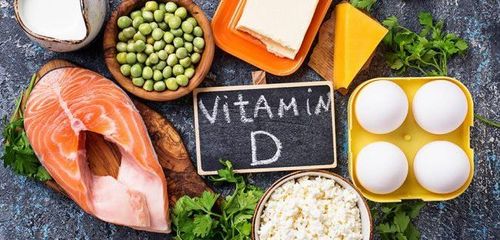
Khi về già, cơ thể cần bổ sung nhiều hơn vitamin D
2. Need less calories, but more nutrition
A person's daily calorie requirement depends on height, weight, muscle mass, activity level and several other factors.
Older adults lose muscle, move and exercise less, so they will need fewer calories to maintain weight. If you continue to eat the same amount of calories every day as when you were younger, you will be more likely to accumulate fat, especially around the belly area. Most pronounced in postmenopausal women, the decline in estrogen levels during this period can promote belly fat storage.
Although fewer calories are needed, older adults need more nutrients than younger adults. So, eating a variety of foods, such as fruits, vegetables, fish and lean meats, will help the elderly to combat nutrient deficiencies, without increasing belly fat.
3. Need more protein to avoid muscle loss
Old people often lose muscle and strength. In fact, the average adult after the age of 30 loses 3-8% of muscle mass every 10 years. This is known as myasthenia gravis or senile muscular atrophy - the main cause of frailty, broken bones and poor health in the elderly.
Eating a lot of protein can help your body maintain muscle and fight muscle wasting. Research shows that people who eat a lot of protein daily lose 40% less muscle mass.
Also, eating or taking a protein supplement can slow the rate of muscle loss, increase mass, and help build more muscle. Furthermore, combining a high-protein diet with exercise is the most effective way to combat aging muscle atrophy.
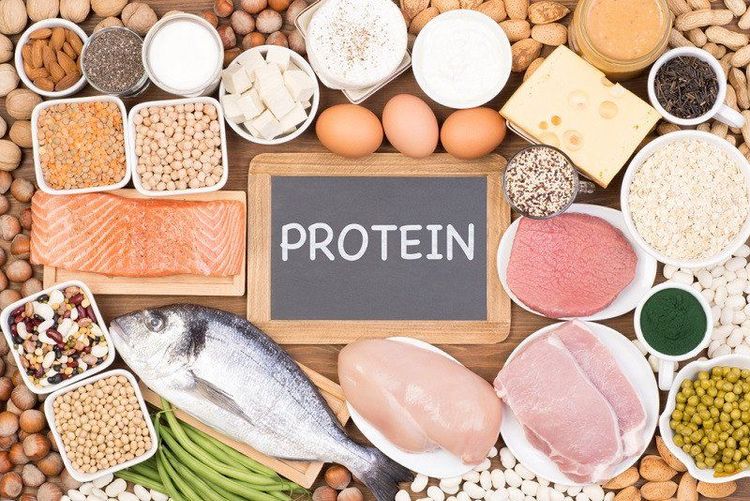
Chế độ ăn giàu protein giúp chống lại chứng teo cơ người già.
4. Fiber helps to avoid constipation and diverticulosis
Constipation is a common health problem in the elderly, especially women over 65. People in this age tend to be less mobile and have to take many different medications, leading to side effects such as: constipation.
Scientists found that fiber helps stimulate bowel movements in people with constipation. Due to its ability to pass through the intestines undigested, fiber can relieve constipation by forming stools and promoting regular bowel movements. In addition, a high-fiber diet can prevent diverticular disease, when small pouches along the wall of the colon become infected or inflamed. The condition is particularly common in the elderly and is generally considered a disease of the Western diet, affecting half of people over the age of 50 in these countries.
In contrast, diverticulosis is almost absent in countries where high fiber intake is common. For example, the disease affects less than 0.2% of people in Japan and Africa.
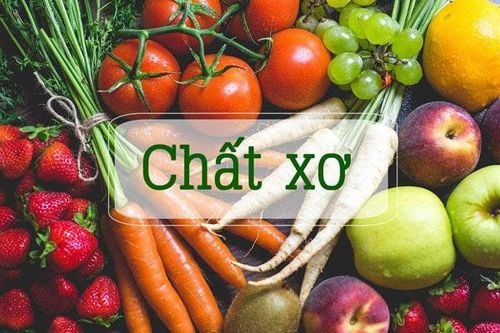
Ăn thực phẩm có chứa nhiều chất xơ có lợi cho người lớn tuổi
5. Calcium and Vitamin D for Bone Health
Calcium and vitamin D are the two most important nutrients for bone health. Calcium helps build and maintain healthy bones, while vitamin D helps the body absorb calcium.
However, older people absorb less calcium from their diet. Studies have found that the gut tends to absorb less calcium with age.
Decreased absorption of calcium can also be due to a lack of vitamin D, as aging will make the body produce this substance less efficiently. Your body makes vitamin D from cholesterol in your skin when exposed to sunlight. However, aging causes the skin to become thinner, leading to a decreased ability to make vitamin D.
These changes prevent older people from getting enough calcium and vitamin D, promoting bone loss and increasing the risk of fractures.
To combat the effects of aging on vitamin D and calcium levels, you need to meet this nutritional need through foods and supplements. Diets high in calcium include dairy products and dark green leafy vegetables. Meanwhile, vitamin D is found in many types of fish, such as salmon and herring.
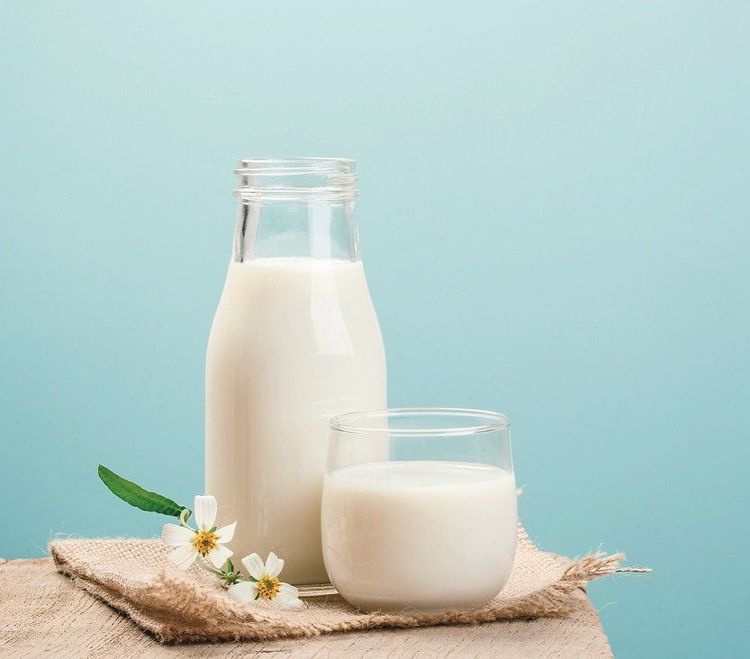
Bổ sung canxi từ sữa giúp chống lão hóa
6. Vitamin B12 Supplement
Vitamin B12 is a water-soluble vitamin, also known as cobalamin, which is essential for making red blood cells and maintaining healthy brain function.However, studies estimate that 10 - 30% of people over the age of 50 have a reduced ability to absorb vitamin B12 from the diet. Over time, this can cause a vitamin B12 deficiency.
Dietary vitamin B12 bound to food proteins. Before it can be used by the body, stomach acid must help cobalamin separate from these proteins. But older people may experience reduced production of stomach acid, resulting in less absorption of vitamin B12 from food.
In addition, people who follow a vegetarian diet are often deficient in vitamin B12, which is found in many animal foods, such as eggs, fish, meat and dairy. Therefore, the elderly need to supplement with crystalline vitamin B12, which is not bound to food proteins. Thanks to this, even though the production of stomach acid is less than usual, it is still able to fully absorb
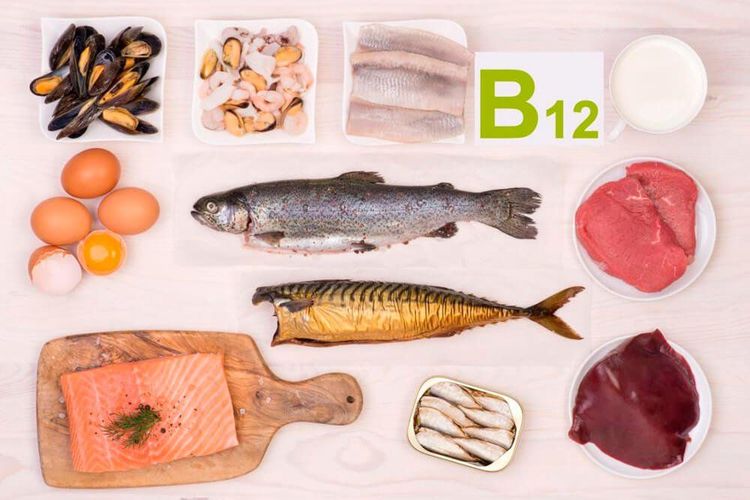
Người già cần tăng cường vitamin B12 thông qua thực phẩm
7. Other essential nutritional needs
Some other scientific nutrients may provide health benefits for the elderly, including:
Potassium: Helps reduce the risk of problems common in the elderly, such as high blood pressure, kidney stones , osteoporosis and heart disease; Omega-3 fatty acids: May reduce risk factors for heart disease - a leading cause of death in the elderly, such as high blood pressure and triglycerides; Magnesium: Is an important mineral in the body, but the elderly are prone to deficiency due to poor diet, taking many drugs and reducing intestinal function; Iron: Iron deficiency is common in the elderly, which can cause anemia (the blood does not provide enough oxygen to the body). Most of these nutritional needs can be met from a diet rich in fruits, vegetables, fish, and lean meats. However, vegetarians need to take an iron or omega-3 supplement - two groups of substances mainly found in meat and fish.
8. Easier to get dehydrated
Water makes up about 60% of the body, but we will constantly lose water, mainly through sweat and urine. Staying hydrated is important, especially as the elderly are more susceptible to dehydration.
As you age, thirst receptors - found in the brain and throughout the body, become less sensitive. In addition, the function of retaining water that helps the body of the kidneys also fades as you age.
Dehydration for a long time can reduce fluid in the cells, reduce the ability to absorb drugs, worsen medical conditions and increase fatigue. Elderly people should make an effort to drink enough water daily by drinking 1-2 glasses of water with each meal, and always carry a water bottle with them.

Cơ thể dễ mất nước qua nước tiểu
9. Decreased appetite and appetite
If appetite loss is not addressed, it can lead to unintended weight loss and nutritional deficiencies. Loss of appetite is also linked to poor health and a higher risk of death.
Factors that can cause an elderly person to lose their appetite include:
Hormonal changes: Older people have lower levels of the hunger hormone (ghrelin) and higher levels of the satiety hormone (cholecystokinin and leptin), which means they are less hungry. and feel full quickly; Decreased taste and smell; Change in living situation; Tooth loss ; Loneliness, depression; Underlying illness; Side effects of medications. Try dividing meals into smaller portions and eating them regularly every few hours. At the same time, try to establish a healthy snacking habit with almonds, yogurt, and hard-boiled eggs, which provide a variety of nutrients and reasonable calories.
Reference source: healthline.com





